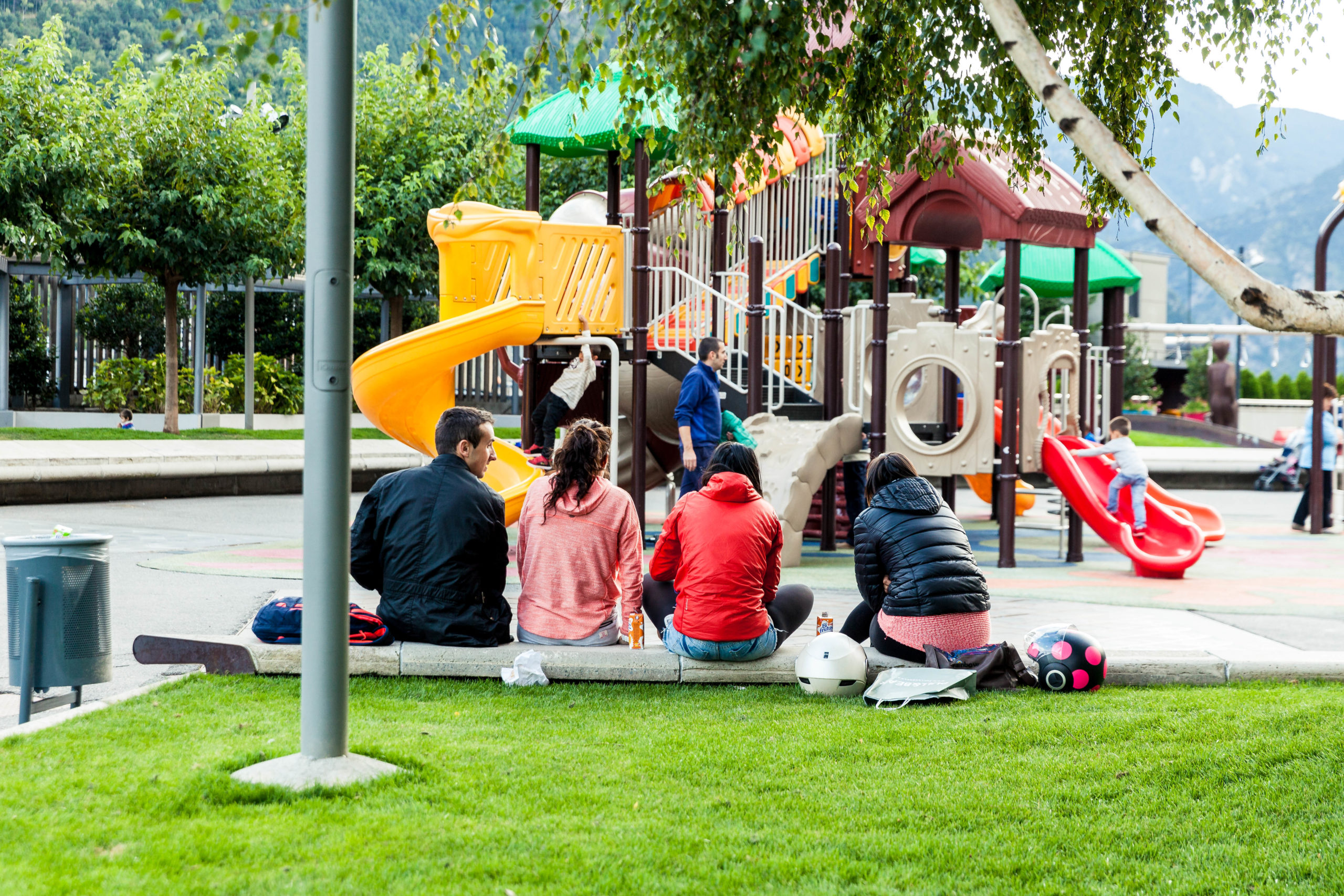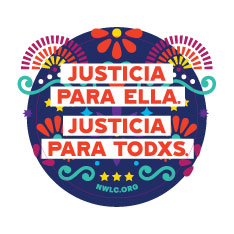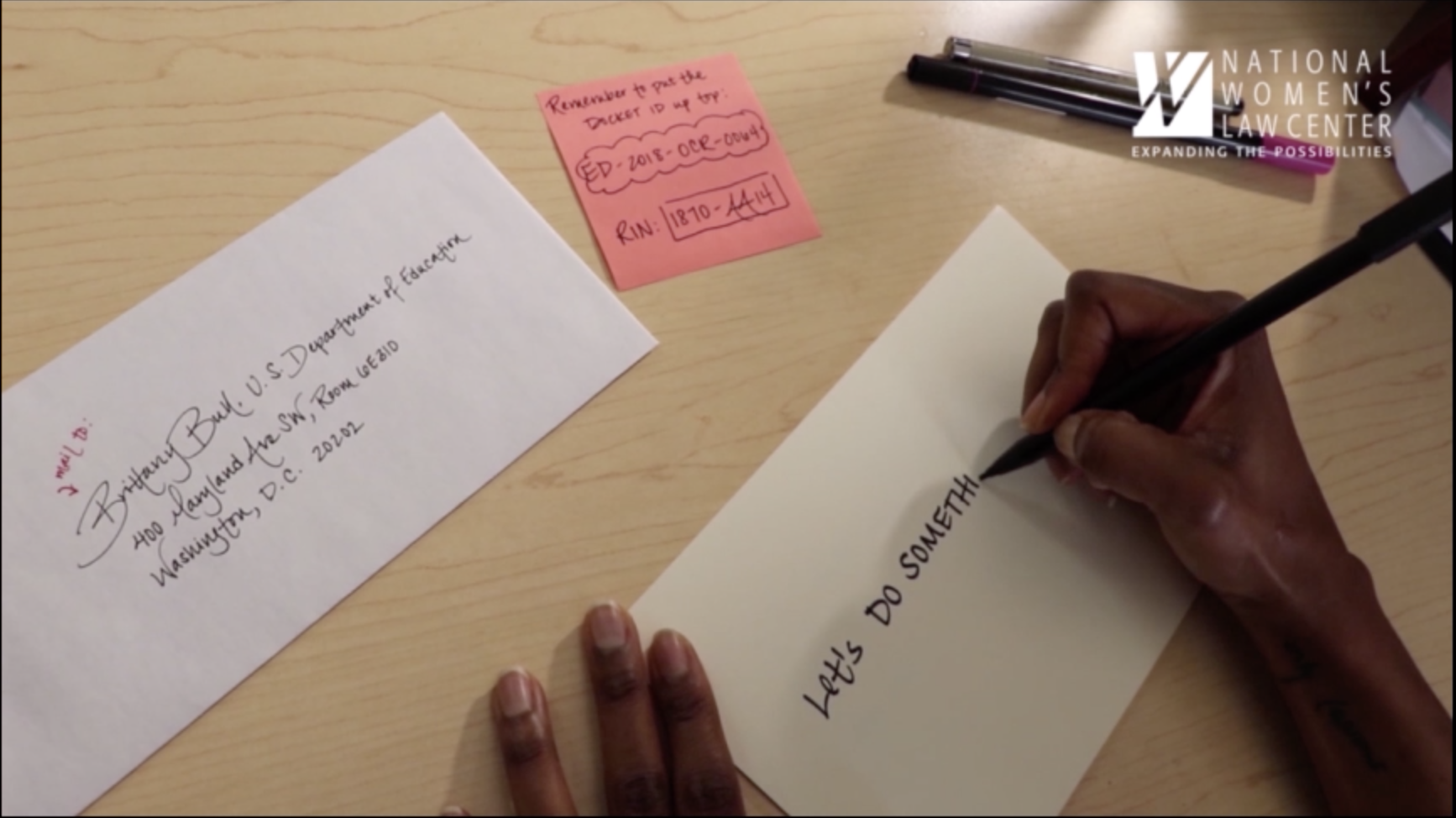Extremist judges will not stop endangering the lives of pregnant people or people who may become pregnant—overturning Roe v. Wade, attacking medication abortion, threatening the future of IVF, and this week at SCOTUS, emergency abortion care.
Our lawyers are waging strategic fights that make clear what is at stake for people who can become pregnant and seek to bolster our fundamental rights to control our lives, futures, and destinies.


 Undocumented students cannot be denied equal access to education. We know this because the Supreme Court said so in the 1982 case Plyler v. Doe. The Plyler Court described education as “perhaps the most important function of state and local governments,” and ultimately held that a public education “is a right which must be made available to all on equal terms.”
Undocumented students cannot be denied equal access to education. We know this because the Supreme Court said so in the 1982 case Plyler v. Doe. The Plyler Court described education as “perhaps the most important function of state and local governments,” and ultimately held that a public education “is a right which must be made available to all on equal terms.”


